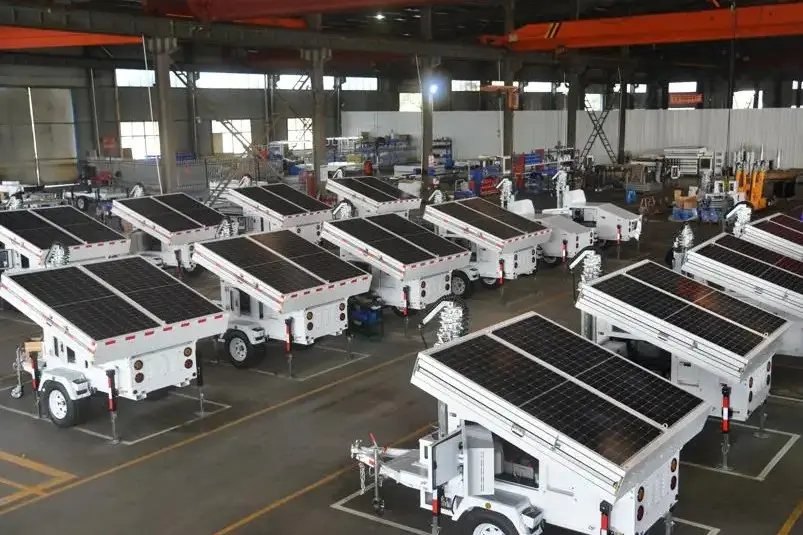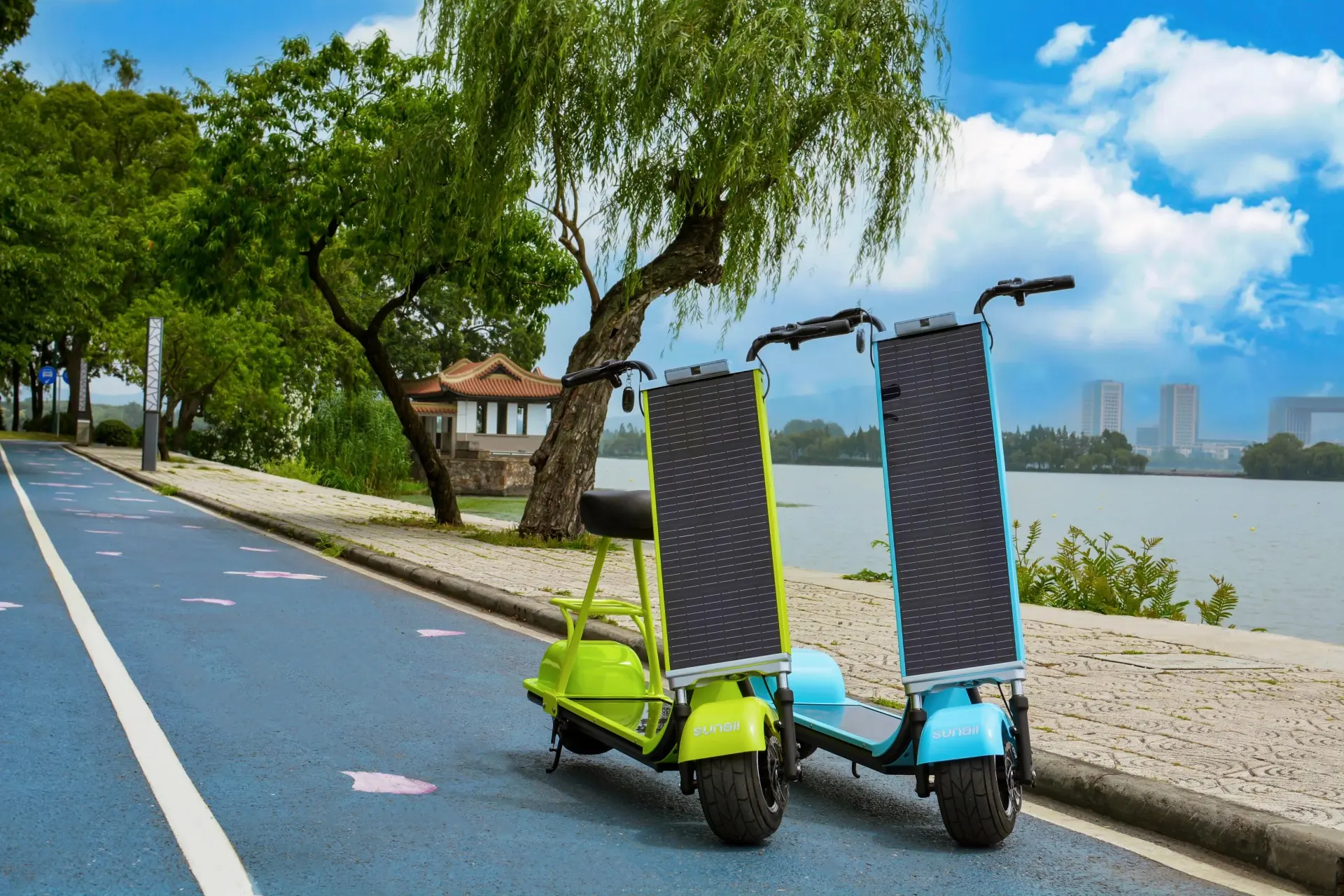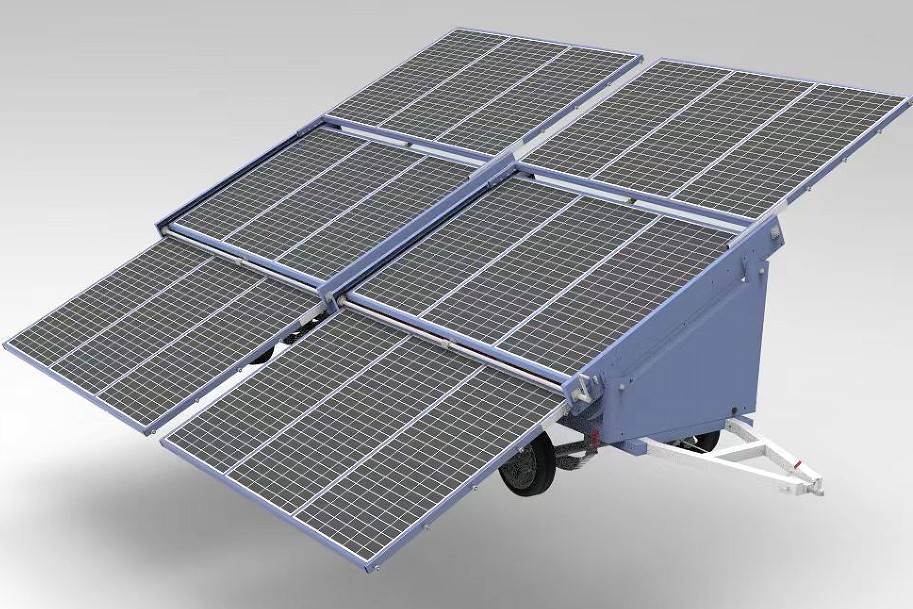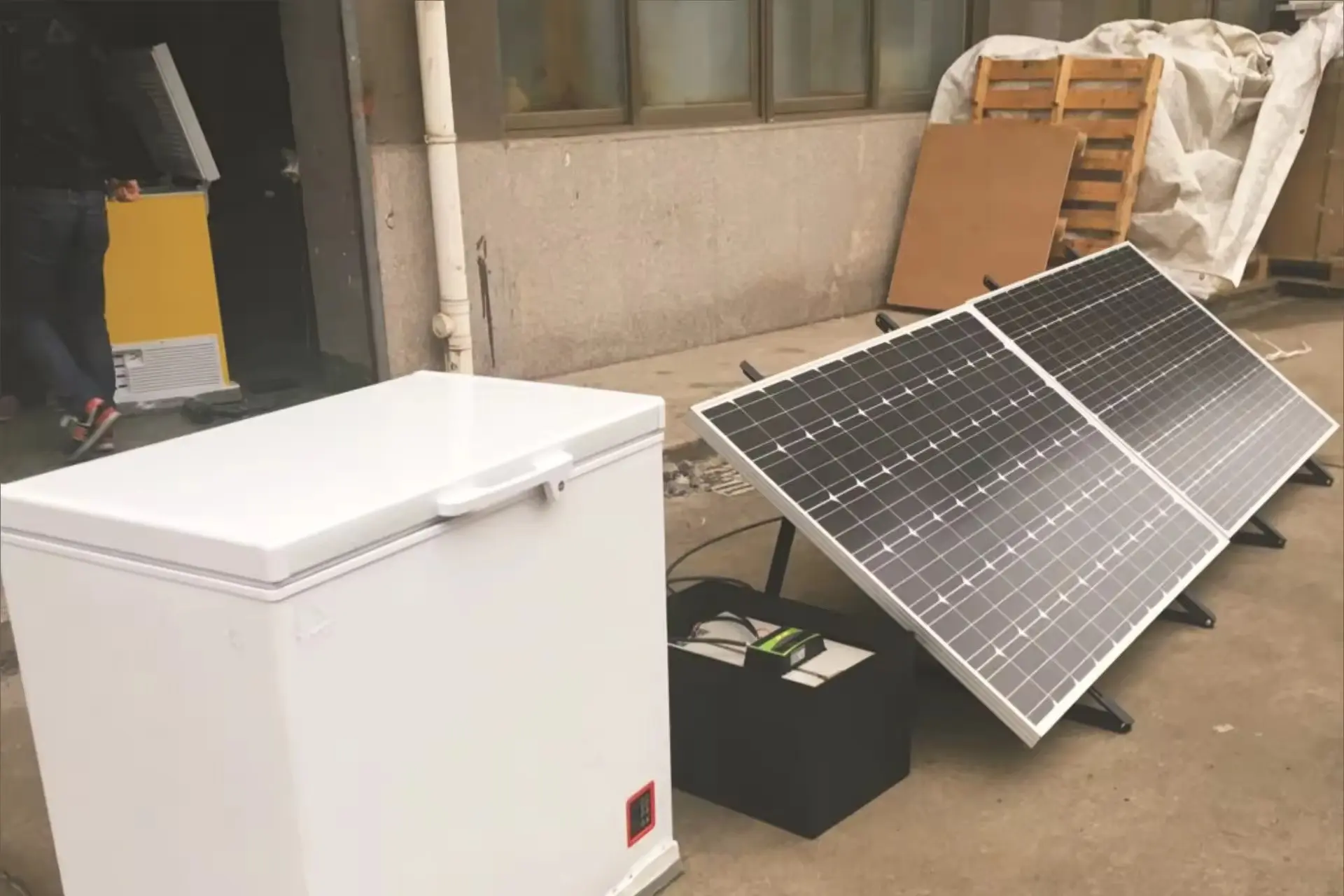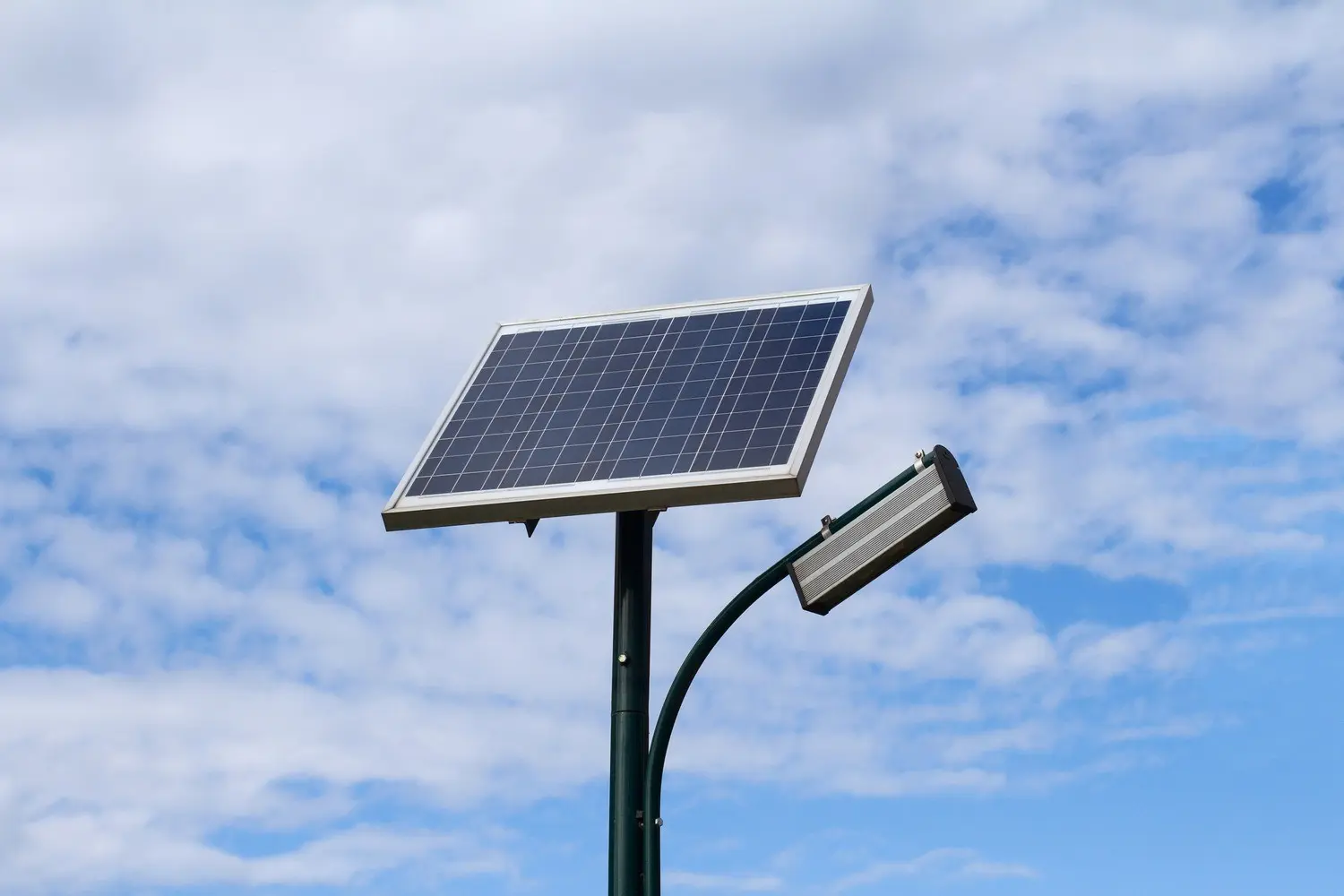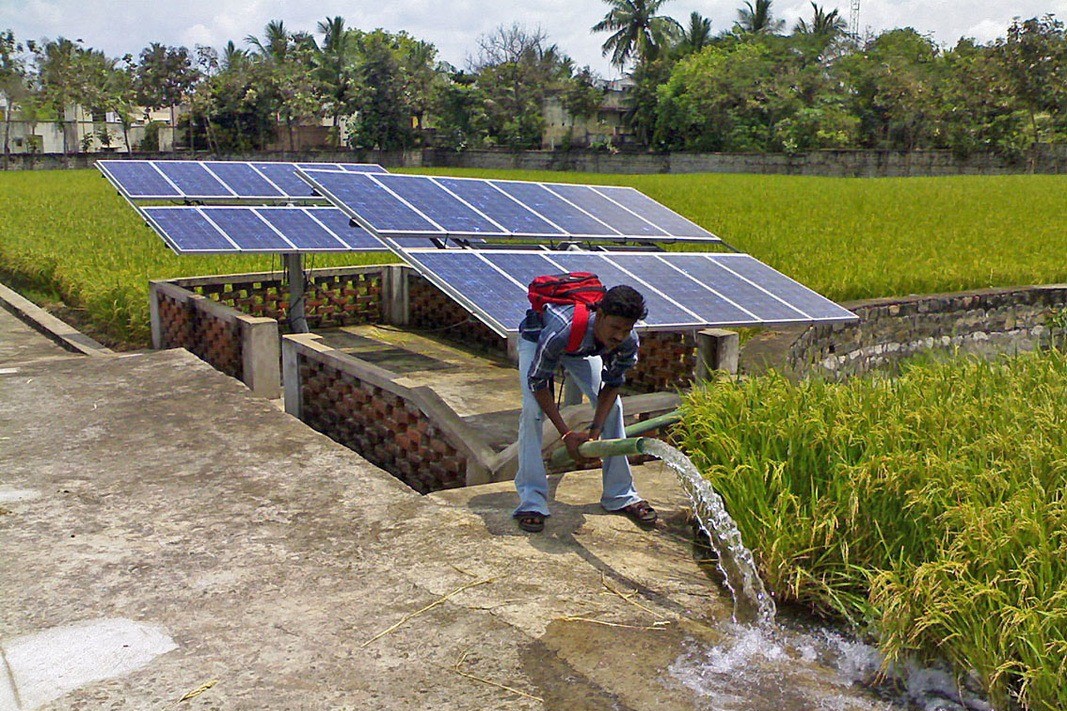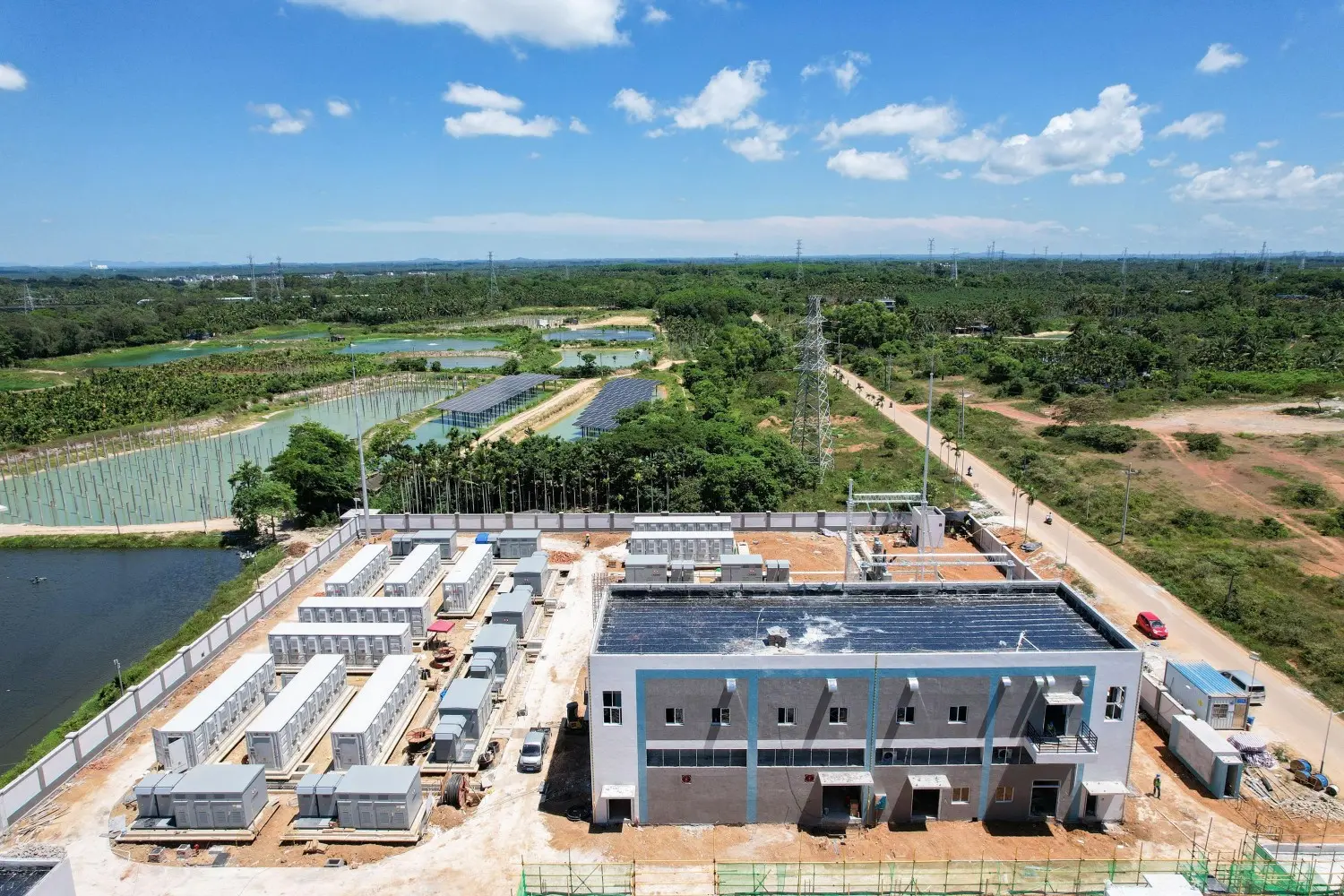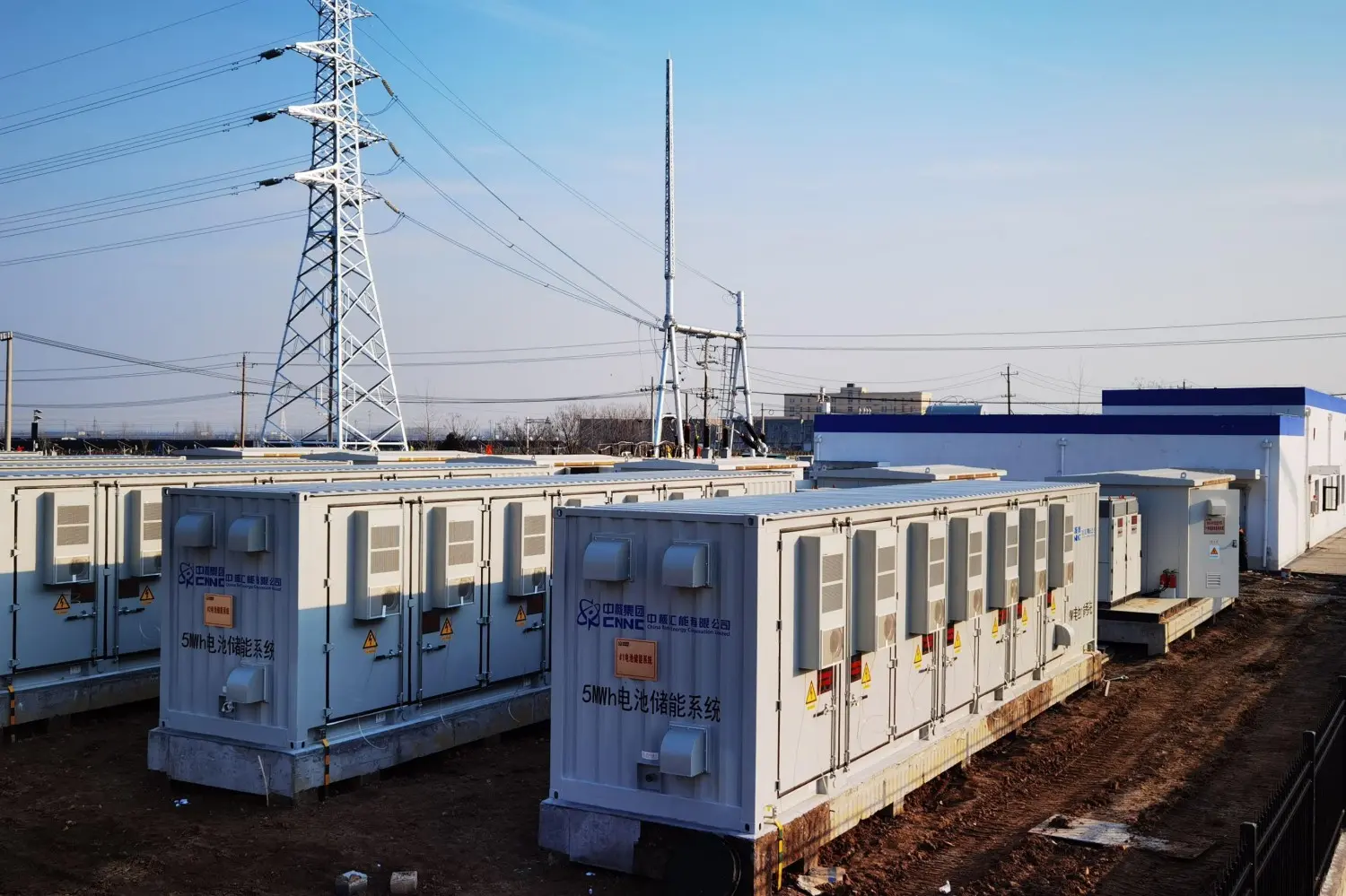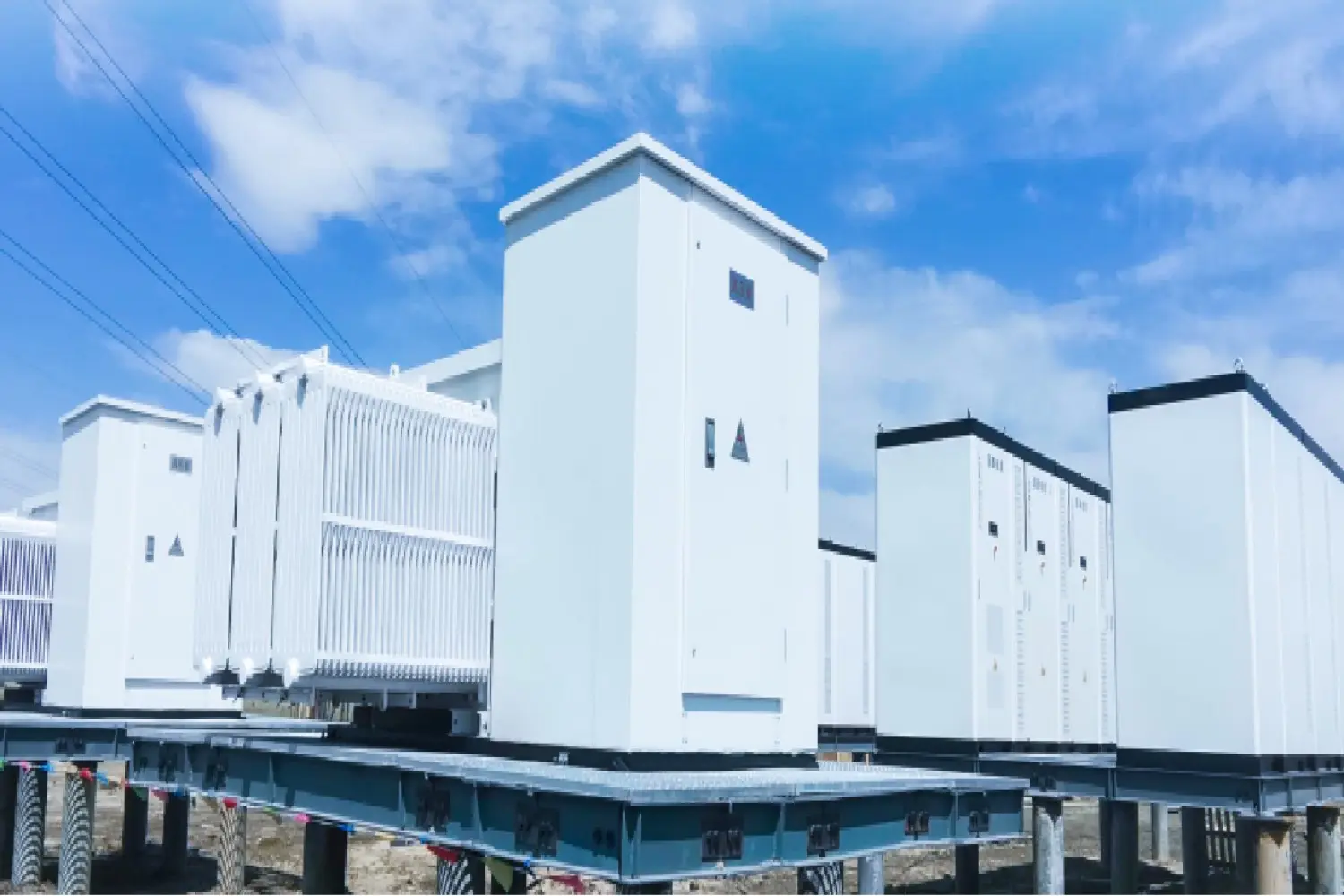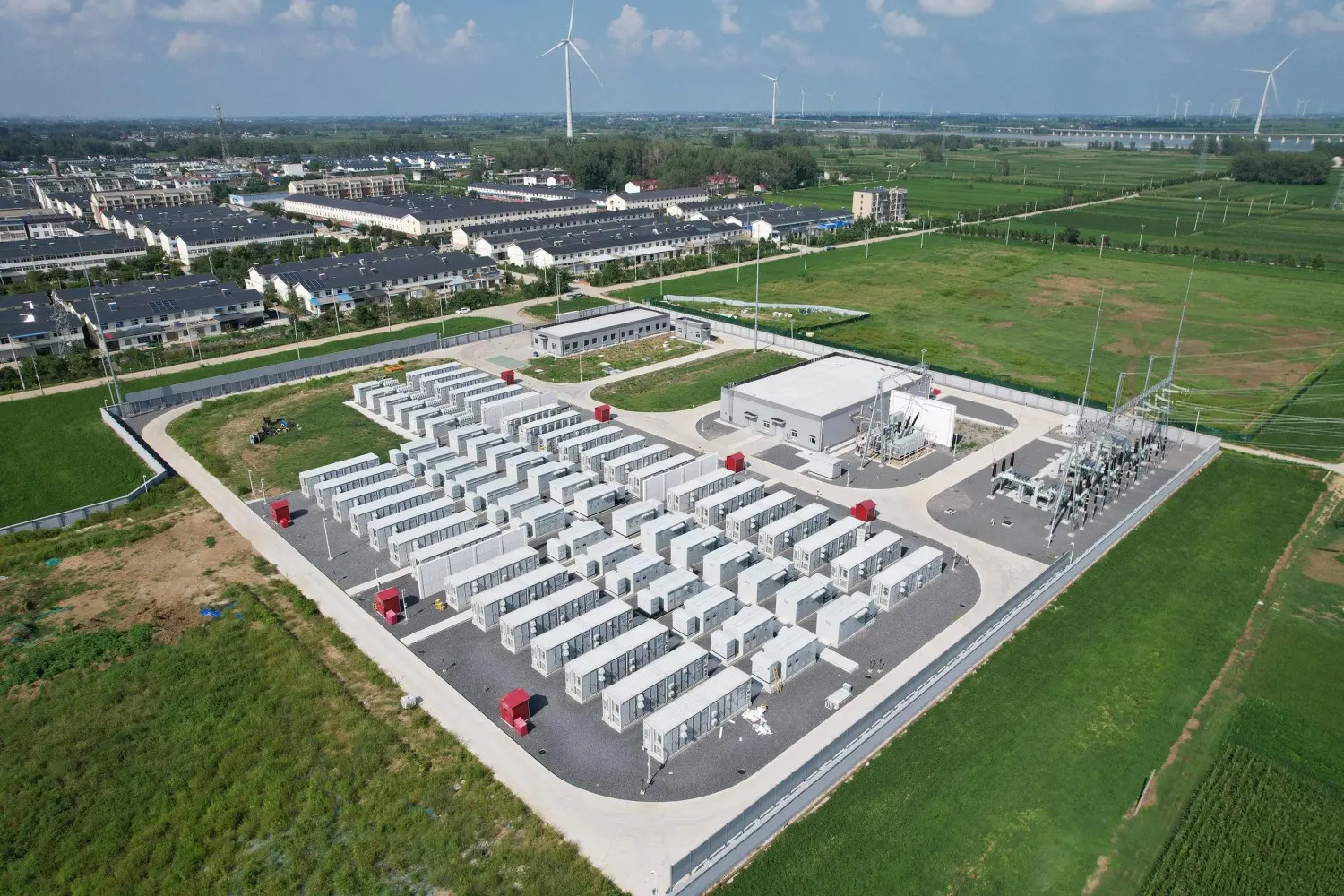Solar Pump for Agricultural Irrigation in Nigeria
Solar Pump for Agricultural Irrigation in Nigeria
Overview: A Nigerian client required a reliable water pumping solution for agricultural irrigation. After assessing their needs, we recommended both deep well pumps and pond pumps to suit different irrigation scenarios.
Key Features:
- High-efficiency solar-powered pumps.
- Durable design to withstand harsh environmental conditions.
- Custom configurations for deep wells and surface water sources.
This dual-pump system ensures uninterrupted water supply for irrigation, improving agricultural productivity.
Enhance your agricultural efficiency with tailored solar pumping solutions. Contact us today for a customized irrigation system!
What You Should Know Before Buying a Solar Pump
Solar pumps are a cost-effective and eco-friendly solution for agricultural irrigation, water supply, and livestock watering. To make an informed decision, here are the key considerations before purchasing a solar pump:
Understand Your Water Demand
- Daily Water Requirement:
Determine how much water you need daily for irrigation, livestock, or domestic use. This will help size the pump correctly.
- Flow Rate and Pressure:
Consider the flow rate (liters per second or gallons per minute) and pressure required for your application. Higher pressure is needed for sprinkler irrigation, while drip systems require less.
Assess the Water Source and Depth
- Type of Water Source:
Identify whether you’ll pump water from a borehole, well, river, or pond. The source determines the type of pump—submersible pumps for deep wells and surface pumps for shallow sources.
- Depth to Water Level:
Measure the depth from the surface to the water table (static water level). Deeper water levels require pumps with higher head (pressure) capabilities.
Consider the Solar Pump Power Requirements
- Solar Panel Sizing:
The pump’s power rating (watts or kilowatts) determines the size of the solar panel array needed. Ensure the solar panel capacity meets the pump’s energy demand.
- Pump Efficiency:
Choose energy-efficient pumps to maximize performance and reduce the number of panels required.
Evaluate Load Types and Start-Up Requirements
- Inductive Load Considerations:
Pumps and motors have high startup power requirements (often 5-7 times their running power). Ensure the system design accounts for this surge load.
- Inverter Compatibility:
If your pump requires alternating current (AC), you’ll need an inverter to convert the direct current (DC) from the solar panels. Select an inverter compatible with the pump’s specifications.
Assess Solar Pump System Components
- Pump Controller:
A good-quality controller regulates voltage and protects the pump from low voltage, overheating, or dry running.
- Battery Backup (Optional):
If you need the pump to work at night or during cloudy weather, consider a battery storage system.
Installation Area and Sunlight Availability
- Solar Panel Placement:
Ensure you have enough space for the solar panels in a location that receives adequate sunlight throughout the day.
- Shading:
Avoid shaded areas, as they reduce solar panel efficiency.
Durability and Maintenance
- Material and Build Quality:
Solar pumps should be robust and resistant to corrosion, especially in areas with hard or saline water.
- Ease of Maintenance:
Choose a pump with minimal maintenance requirements and readily available spare parts.
Cost and ROI
- Initial Investment vs. Long-Term Savings:
While solar pumps may have a higher upfront cost than conventional pumps, they offer long-term savings on energy costs. Calculate the return on investment (ROI) based on your energy savings.
- Government Subsidies:
Explore subsidies or incentives for solar pump installations in your region to reduce the initial cost.
Environmental and Social Impact
- Sustainability:
Solar pumps are environmentally friendly, reducing reliance on fossil fuels and lowering carbon emissions.
- Energy Independence:
They provide energy security in remote or off-grid areas, making them ideal for agricultural applications.
Choose a Trusted Supplier
- Reputation and Support:
Partner with a reliable supplier or manufacturer who offers high-quality products, installation services, and after-sales support.
- Warranty and Guarantee:
Check for warranties on both the pump and solar panels to ensure peace of mind.
A solar pump is a smart investment for sustainable water management, but careful planning is essential to maximize its efficiency and lifespan. Assess your water needs, energy requirements, and site conditions before making a decision.
Need Help Selecting the Right Solar Pump?
Contact MH Energy for expert advice and customized solar pump solutions tailored to your needs. Experience the power of renewable energy for your farm, business, or home today!
Contact us now
To start your journey toward sustainable living!


